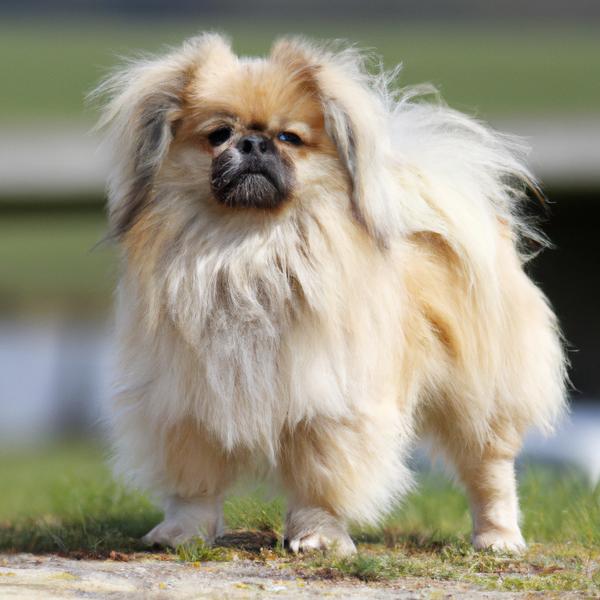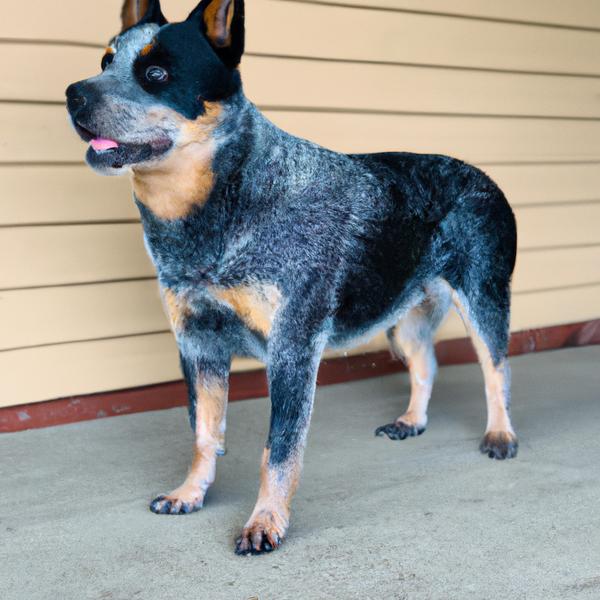Pekehund vs. Australian Cattle Dog: Breed Differences and Similarities
Hypoallergenic
Are Pekehunds or Australian Cattle Dogs hypoallergenic, or neither?
Unfortunately, neither Pekehund nor Australian Cattle Dog are hypoallergenic, which may not make them the best choice for dog lovers who suffer from pet allergies.
Temperament
What are the personalities of Pekehund and Australian Cattle Dog dogs?
Playful
Stubborn
Courageous
Intelligent
Affectionate
Devoted
Lively
Aggressive
Good-natured
Clever
Opinionated
Aggressive
Energetic
Loyal
Responsive
Alert
Intelligent
Protective
Shedding Level
Do Pekehunds shed more than Australian Cattle Dogs, or which breed sheds more, Pekehunds or Australian Cattle Dogs?
Pekehunds are low shedding dogs, requiring minimal coat care.
Australian Cattle Dogs are moderate shedders, but regular brushing can reduce shedding and maintain coat health.
Watchdog Ability
Which dog breed makes a better watchdog, the Pekehund or Australian Cattle Dog?
Pekehunds make excellent watchdogs - they're vocal and protective of their territory.
Choose an Australian Cattle Dog if you want a top-notch watchdog. This breed takes guarding seriously, and may not require much training, though obedience or guard dog training can improve their skills.
Ancestry
What are the origins of Pekehund and Australian Cattle Dog breeds?
Dachshund and Pekingese
Dingo
Breed recognition
Which kennel clubs recognize/register Pekehund and Australian Cattle Dog?
ACHC = American Canine Hybrid Club
DBR = Designer Breed Registry
DDKC = Designer Dogs Kennel Club
DRA = Dog Registry of America, Inc.
IDCR = International Designer Canine Registry®
American Canine Registry
American Kennel Club
America's Pet Registry
Canadian Kennel Club
Dog Registry of America Inc.
Federation Cynologique Internationale
Kennel Club of Great Britain
North American Purebred Registry, Inc.
American Canine Association, Inc.
Australian National Kennel Council
Continental Kennel Club
National Kennel Club
New Zealand Kennel Club
United Kennel Club
Date of Birth
When were Pekehund and Australian Cattle Dog breeds first developed?
Late 1800s
1800s
Eye Color Possibilites
What are the eye colors of Pekehund and Australian Cattle Dog dogs?
Blue
Hazel
Brown
Blue
Brown
Amber
Nose Color Possibilites
What are the natural nose colors of Pekehund and Australian Cattle Dog?
Black
Brown
Isabella
Black
Brown
Coat Color Possibilites
What are the natural colors of the coat for Pekehund and Australian Cattle Dog breeds?
Pied
Brindle
Sable
Isabella
Cream
Red
Brown
Black
Gray
Fawn
Blue
Red
Coat Length
What is the typical coat length for Pekehund and Australian Cattle Dog breeds?
The coat of Pekehund and Australian Cattle Dog dogs falls in the medium-length category.
Coat Density
What is the density of the coat of Pekehund and Australian Cattle Dog?
Coat Texture
What is the hair texture of Pekehund and Australian Cattle Dog?
Straight
Litter Size
What is the usual litter size for Pekehund and Australian Cattle Dog?
A Pekehund can have a litter of 4-8 puppies on average. However, it's worth noting that the size of the litters can vary greatly. Factors that can influence litter size include the health of the mother, breeding history, and genetics.
An Australian Cattle Dog can have a litter of 12-15 puppies on average. However, it's worth noting that the size of the litters can vary greatly. Factors that can influence litter size include the health of the mother, breeding history, and genetics.
Adaptability
Pekehunds are highly adaptable and versatile, making them excellent companions for families and individuals of all lifestyles.
Australian Cattle Dogs have average adaptability to changes in lifestyle and living environments compared to other breeds.
Health Issues
Between Pekehund and Australian Cattle Dog, which breed is more prone to health problems?
Pekehunds typically have low vet costs due to their good health, but it's important to monitor their health and seek vet care when necessary.
While the Australian Cattle Dog breed is generally healthy, occasional vet check-ups are still necessary to address any health concerns.
Major Concerns
What are the major health concerns for Pekehund and Australian Cattle Dog breeds?
Patellar Luxation
Entropion
Intervertebral Disc Degeneration
Bloat
Skin Fold Dermatitis
Brachycephalic Syndrome
Exposure Keratopathy Syndrome
Progressive Retinal Atrophy (PRA)
Deafness
OCD
Progressive Retinal Atrophy
Hip Dysplasia
Minor Concerns
What minor health issues should be kept in mind when owning Pekehund and Australian Cattle Dog?
KCS
Deafness
Epilepsy
Hydrocephalus
Eye Disease
Diabetes
Mitral Valve Disease
Cushing's Disease
Cataracts
Lens Luxation
Occasional Tests
What occasional tests are recommended for Pekehund and Australian Cattle Dog breeds?
Eye
Hip
Blood
Knee
Hearing
Heart
Dna For Pra
X-Rays
Respiratory Tests
Full Body Physical Examination
Eye
Hip
Hearing
Energy
How do the energy levels of Pekehunds and Australian Cattle Dogs compare?
Pekehunds are suitable for those with a balanced lifestyle as they have an average energy level.
Australian Cattle Dogs thrive on an active lifestyle due to their high-energy nature.
Social Needs
Pekehund vs Australian Cattle Dog social needs comparison
Pekehund has above average social needs and thrives with interaction with humans and other dogs.
Australian Cattle Dog has average social needs and is less independent than other breeds.
Exercise Needed
Pekehund vs Australian Cattle Dog exercise need comparison.
Pekehunds need moderate physical activity and are great for families and active individuals.
Australian Cattle Dogs need high physical activity and are ideal for active individuals, but not suitable for sedentary lifestyles or small apartments.
Sleeping Need
Which of the two sleeps the most/least: Pekehund or Australian Cattle Dog?
Pekehunds are known for their relaxed and calm nature and enjoy long periods of sleep.
Australian Cattle Dogs are active and require sufficient sleep to stay healthy.
Tendency to Bark
Do Pekehunds or Australian Cattle Dogs bark more/less frequently?
The Pekehund is a vocal breed that frequently barks and howls, and may not be suitable for those seeking a quiet companion.
Australian Cattle Dog dogs are generally less vocal than other breeds and only bark when necessary, such as to alert their owner or communicate.
Mouthiness
Mouthiness Comparison: Pekehund vs Australian Cattle Dog?
Roaming urge
Pekehund vs Labrador: Running away tendency?
Prey Drive
Pekehund or Australian Cattle Dog - which breed has a higher level of prey drive?
Past times
What are some enjoyable activities and ways to keep Pekehund and Australian Cattle Dog entertained?
Playdate, Play, Hide & Seek, Fetch, Jog, Walk, Wrestle
Chase, Running, Walk, Run, Fetch, Play, Herding, Playing, Walking, Road trip, Playing fet, Hiking, Eating Snacks, Hike, Sleep, Kisses, Sniffing, Sprint, Tug-of-war, Hunt, Tracking, Investigating, Cuddling, Off-leash, Chewing, Herding birds, Bike ride, Go to Park, Jogging, Dog Parks
Activity Level
Which breed has higher energy, Pekehunds or Australian Cattle Dogs?
Pekehunds are medium-energy dogs and typically enjoy socializing and playing casual or even sustained games of chase with other dogs. They may also have occasional periods of barking or racing around the house.
Australian Cattle Dogs are high-energy dogs. They need mental as well as physical exercise. These dogs require a lot of your involvement and without it they can, and will, become problematic dogs.
Tolerance of being left alone
Walks per Week
How many miles should Pekehund or Australian Cattle Dog walk each week?
There's really no limit to how far you walk your dog as long as they're comfortable. For Pekehund, it's at least 5 miles / week. Just remember to build distance and stamina gradually over time.
There's really no limit to how far you walk your dog as long as they're comfortable. For Australian Cattle Dog, it's at least 14 miles / week. Just remember to build distance and stamina gradually over time.
Activity per Day
Do Pekehunds or Australian Cattle Dogs require more exercise?
In general most Pekehunds usually need at least 30 minutes of exercise daily. This can be spread across the day and include all sorts of high-energy activities, like walking, running and playing.
In general most Australian Cattle Dogs usually need at least 90 minutes of exercise daily. This can be spread across the day and include all sorts of high-energy activities, like walking, running and playing.
Grooming
Which breed is easier to maintain in terms of grooming, Pekehunds or Australian Cattle Dogs?
Pekehunds require significant grooming, including regular trims and professional grooming assistance to maintain their coat. They may also require frequent bathing to keep their coat and skin healthy.
The Australian Cattle Dog is a low-maintenance breed that doesn't require much grooming.
Brushing Frequency
What is the recommended brushing frequency for Pekehund and Australian Cattle Dog dogs?
Pekehund should be brushed at least once a week. Of course you can give them more frequent brushes if you find that they are still shedding a lot
In general Australian Cattle Dog should be brushed at least once a month. Of course you can give them more frequent brushes, especially if they enjoyed it
Brushing Tools
What brushing tools are used for Pekehunds and Australian Cattle Dogs?
Slicker Brush
Deshedder
Scissors
Nail Clipper
Slicker Brush
Deshedder
Nail Clipper
Cups
How much food should be given to Pekehund or Australian Cattle Dog in cups?
For an average 12-22 pound (5 - 10 kg) Pekehund feed 1 cups daily. But, keep in mind, the amount you feed is going to be dependent on the quality of the food you are feeding.
For an average 33-40 pound (15 - 18 kg) Australian Cattle Dog feed 2.5 cups daily. But, keep in mind, the amount you feed is going to be dependent on the quality of the food you are feeding.
Daily Cost
Which breed has a higher daily cost, Pekehund or Australian Cattle Dog?
The average cost of a Pekehund is somewhere $1.40 - $1.40 per day.
The average cost of an Australian Cattle Dog is somewhere $1.70 - $2.00 per day.
Monthly Cost
Which breed has a higher monthly cost, Pekehund or Australian Cattle Dog?
The average per month expenses of a Pekehund is between $28 - $42. This makes an average of $336 - $504 per year. It will be on the higher side when the dog is still small because it will need more frequent visits to the vet, shots.
The average per month expenses of an Australian Cattle Dog is between $48 - $63. This makes an average of $576 - $756 per year. It will be on the higher side when the dog is still small because it will need more frequent visits to the vet, shots.
Intelligence
Comparing Intelligence: Pekehunds vs Australian Cattle Dogs
Pekehund has below average obedience intelligence, but they excel in understanding human emotions.
Australian Cattle Dog is highly intelligent and very trainable.
Sensitivity Level
How do Pekehund and Australian Cattle Dog compare in sensitivity?
Pekehunds have average emotions and adapt well to different situations.
This breed is sensitive and requires gentle handling and a calm home environment.
Affection Dependance
Which is the more affectionate dog breed: Pekehund vs Australian Cattle Dog?
Apartment Friendly
Which breed is more apartment-friendly: Pekehund or Australian Cattle Dog?
Pekehunds make excellent apartment dogs, being fairly active indoors and not requiring a yard.
The Australian Cattle Dog is not suitable for apartments and requires a large yard to thrive. Pent-up energy in small spaces can lead to destructive behavior.
Child Friendly
Do Pekehunds or Australian Cattle Dogs have a friendlier temperament towards children?
Pekehunds are not the best choice for families with kids.
Australian Cattle Dogs make excellent family pets for kids due to their gentle, protective nature and calm temperament.
Senior-friendly
Which dog is more suitable as a pet for the elderly - Pekehund or Australian Cattle Dog?
Cat Friendly
Do Pekehund or Australian Cattle Dog breeds have a better compatibility with cats?
Pekehunds are good with cats, but early training is needed to prevent chasing behavior.
Australian Cattle Dogs are average in their friendliness toward cats and tend to do well with them, especially if raised together.
Dog Friendly
Which breed is more sociable with other dogs: Pekehund or Australian Cattle Dog?
{Pekehunds and Australian Cattle Dogs are average friendly towards other dogs. If they are raised with other dogs, they are likely to get along with them. And, if they are socialized properly from a young age, they will usually be great with other dogs.
Pet friendly
How do Pekehund or Australian Cattle Dog dogs interact with other pets?
Stranger Friendly
Which breed is more friendly with strangers: Pekehund or Australian Cattle Dog?
Pekehunds are averagely friendly around strangers but benefit from early socialisation.
Australian Cattle Dogs are quick to announce strangers and can be standoffish or suspicious.
Playfulness
Which breed is more playful between Pekehund and Australian Cattle Dog?
Pekehunds are not known for being a highly playful breed.
Australian Cattle Dogs are very playful, so adopting an older one might be a better option for a more relaxed experience.
Trainability
How do the trainability levels of Pekehunds and Australian Cattle Dogs compare?
Pekehund and Australian Cattle Dog dogs are known for their ease of training and ability to learn quickly, making them a popular choice for pet owners and trainers alike.
Compare Pekehund with other breeds
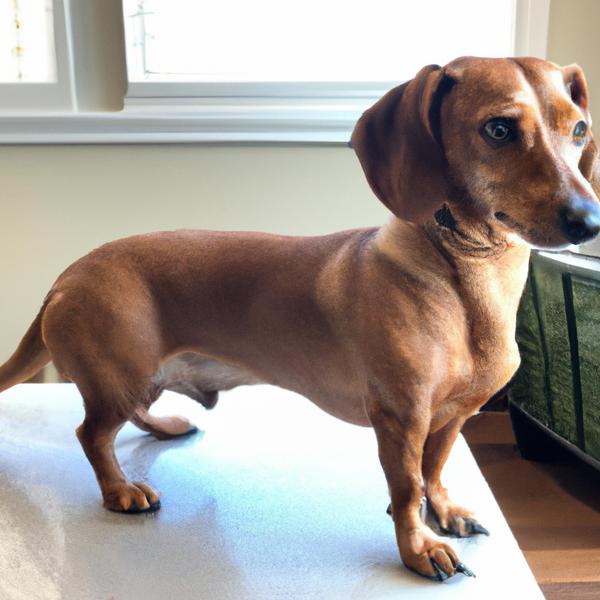
Smooth Foxie Doxie
Pekehund vs Smooth Foxie Doxie
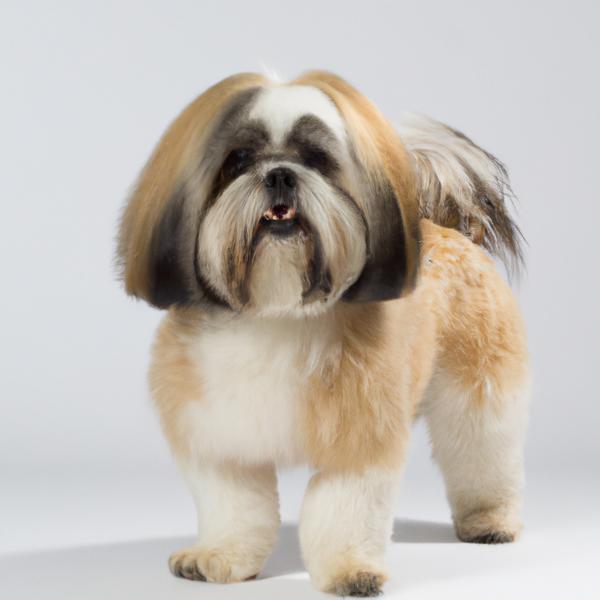
Lhatese
Pekehund vs Lhatese
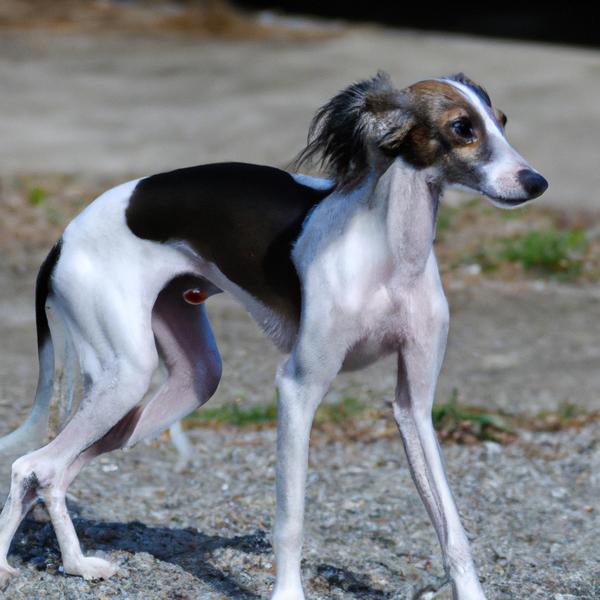
Italian Cavalier Greyhound
Pekehund vs Italian Cavalier Greyhound
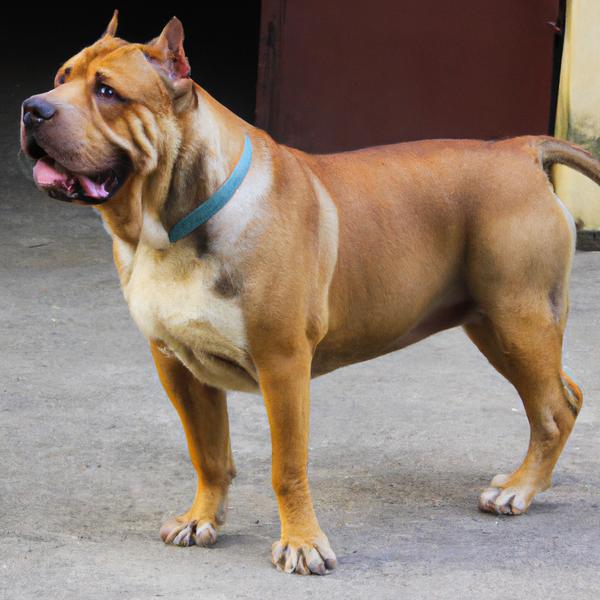
Masti-Bull
Pekehund vs Masti-Bull
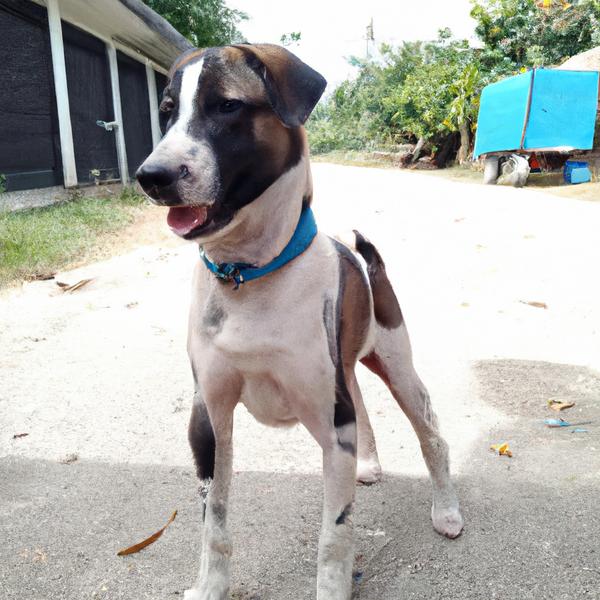
Boxsky
Pekehund vs Boxsky
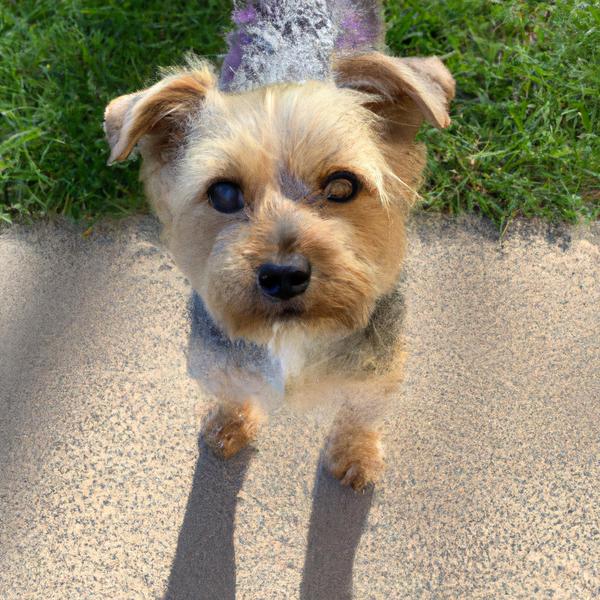
Yorkie Russell
Pekehund vs Yorkie Russell
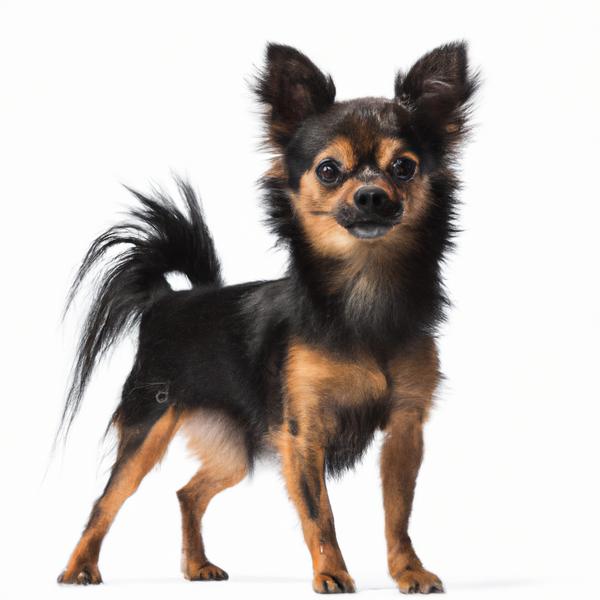
Toy Pom Terrier
Pekehund vs Toy Pom Terrier
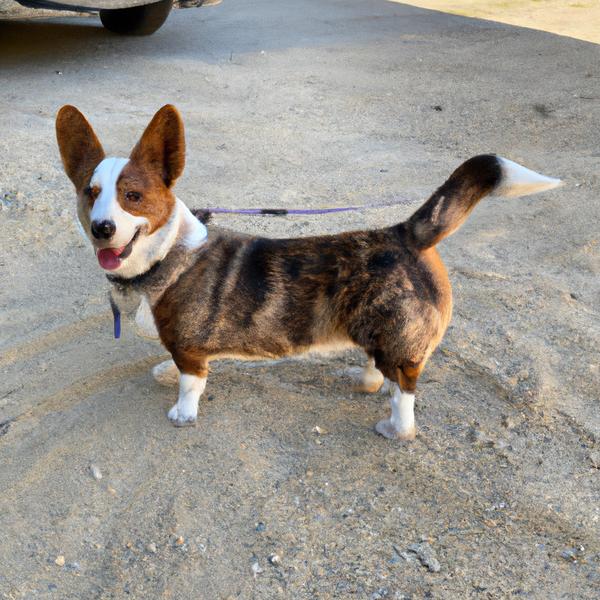
Corgi Cattle Dog
Pekehund vs Corgi Cattle Dog
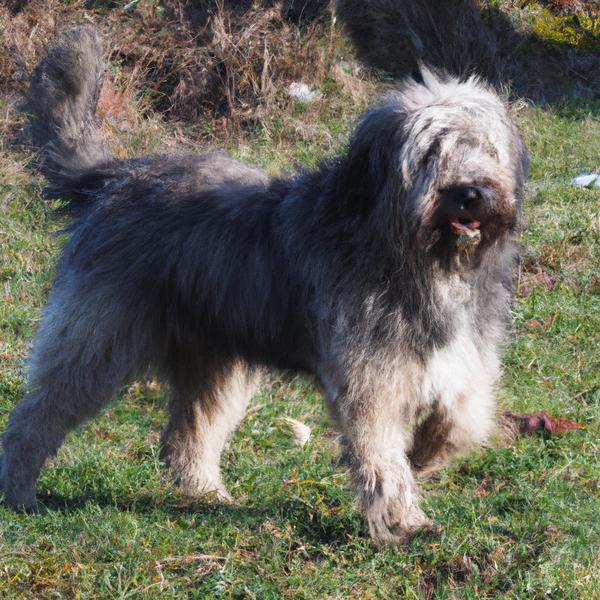
Pyrenean Shepherd
Pekehund vs Pyrenean Shepherd
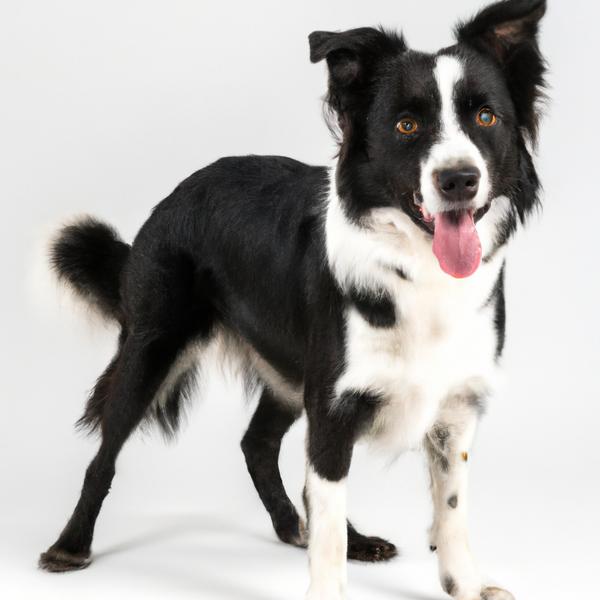
Border Point
Pekehund vs Border Point
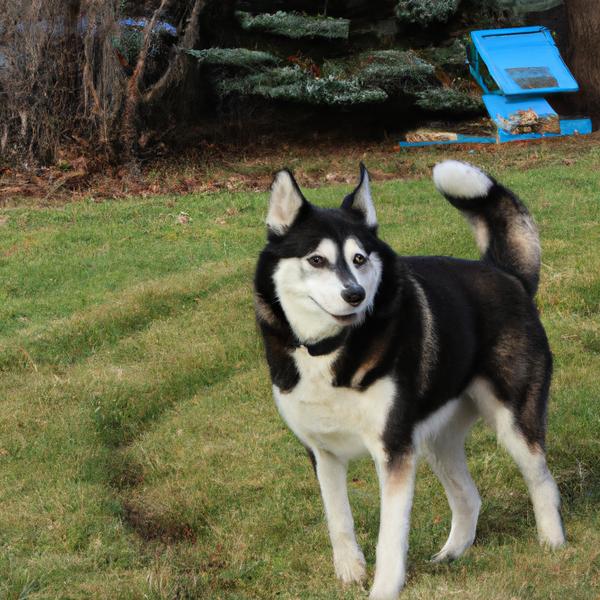
Husky Jack
Pekehund vs Husky Jack
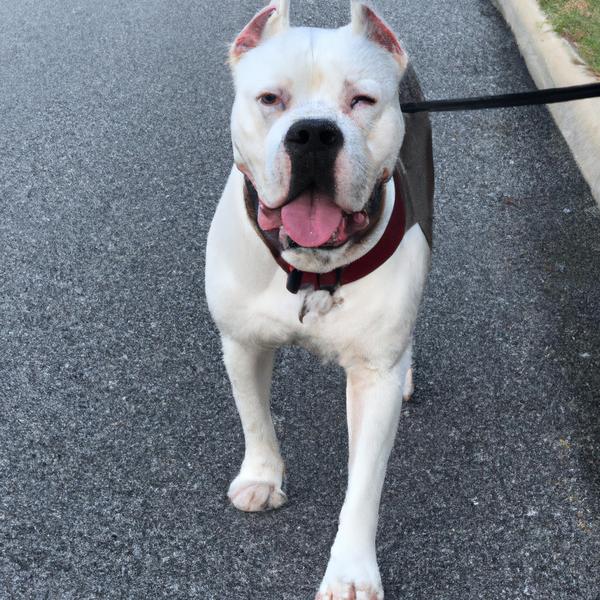
American Masti-Bull
Pekehund vs American Masti-Bull
